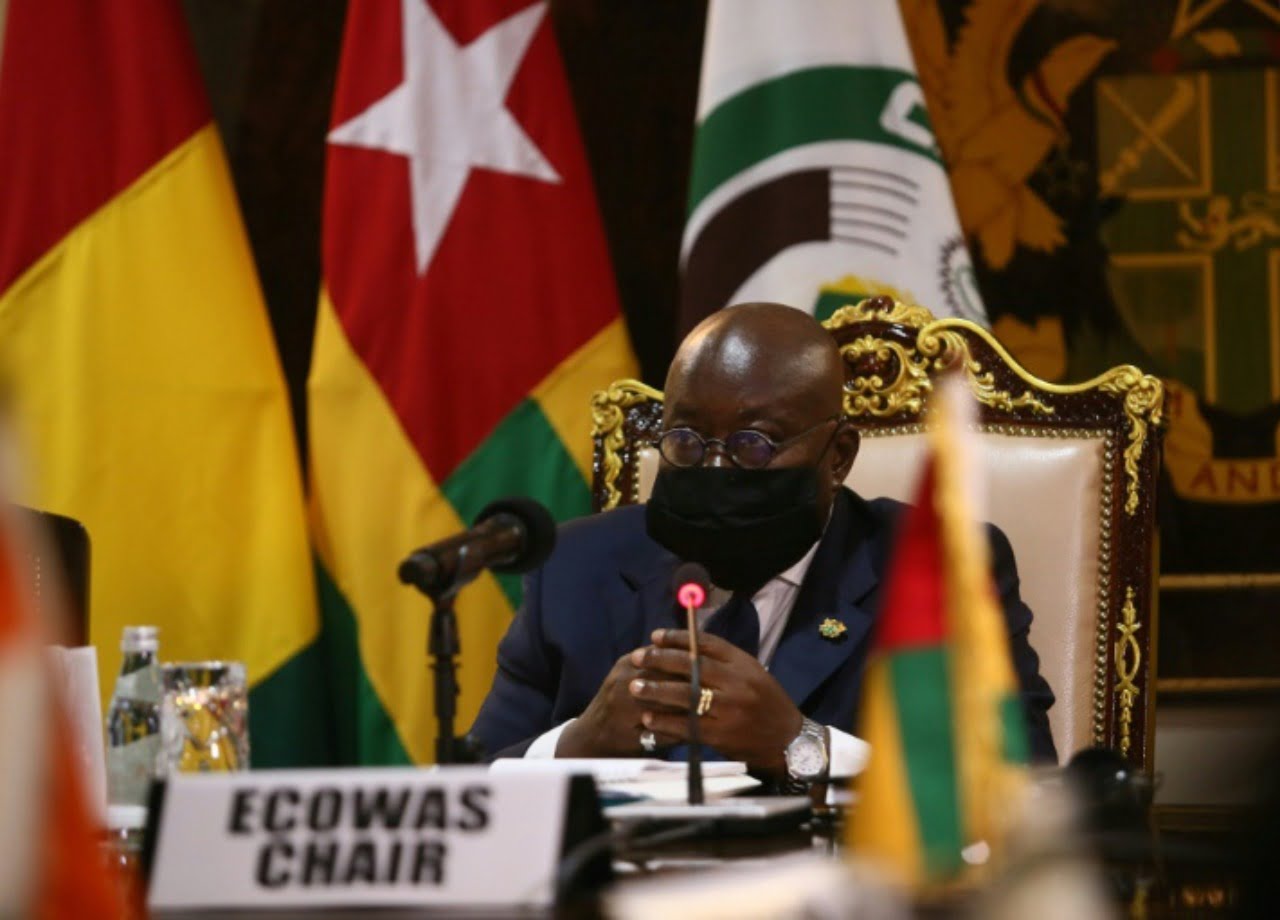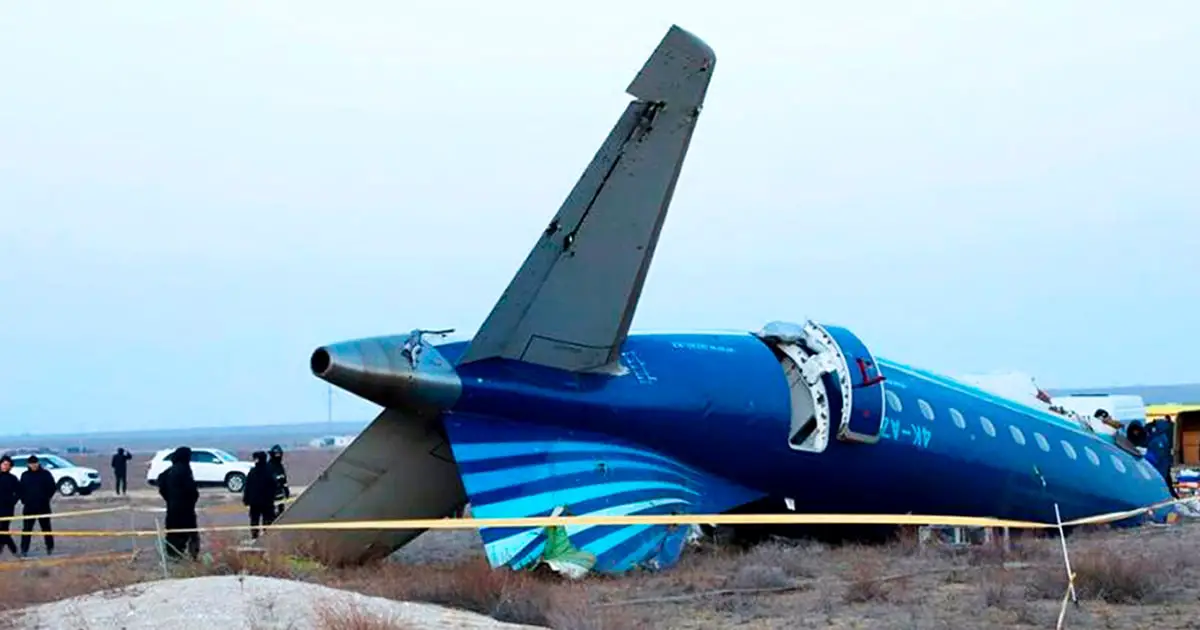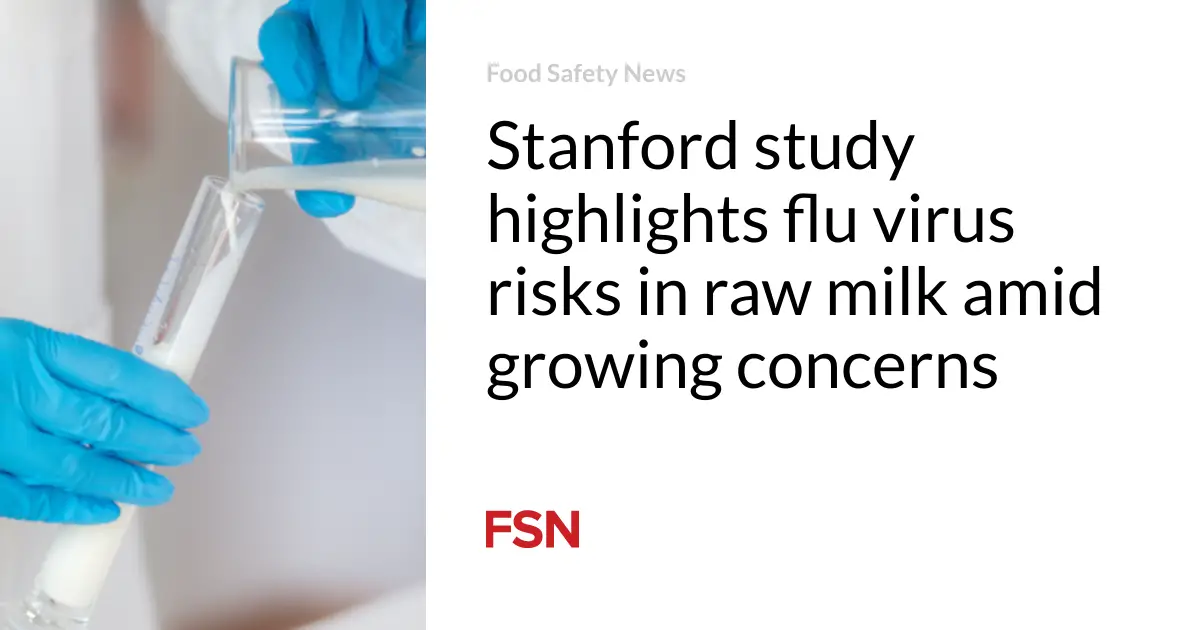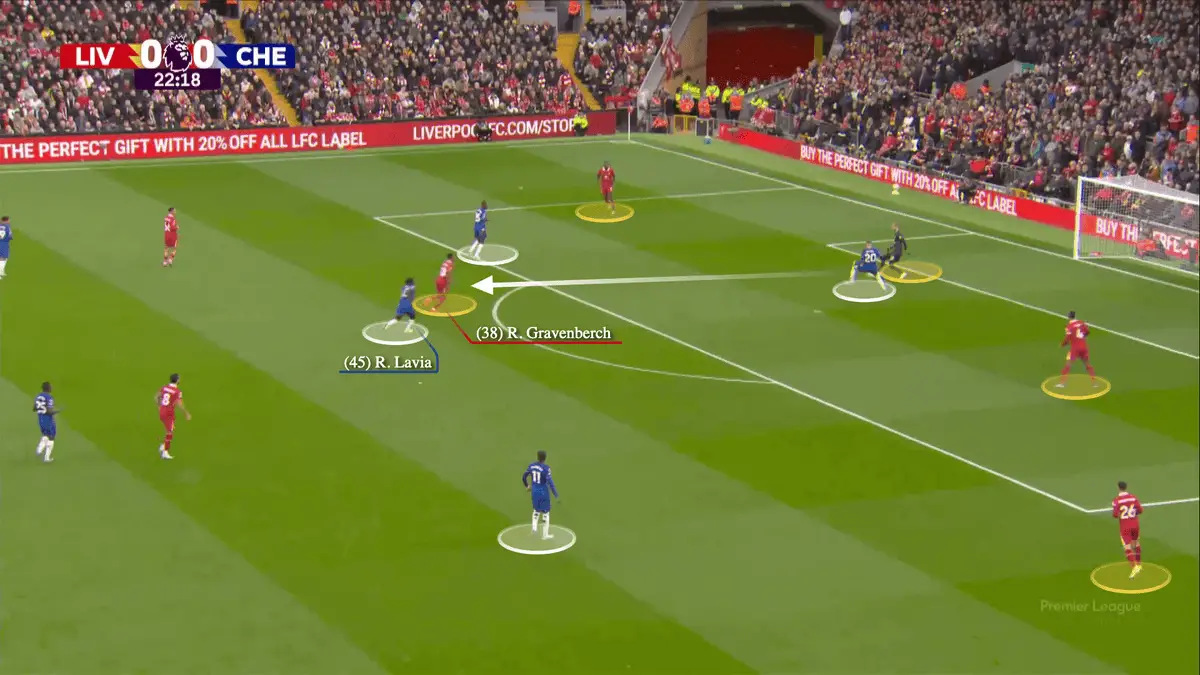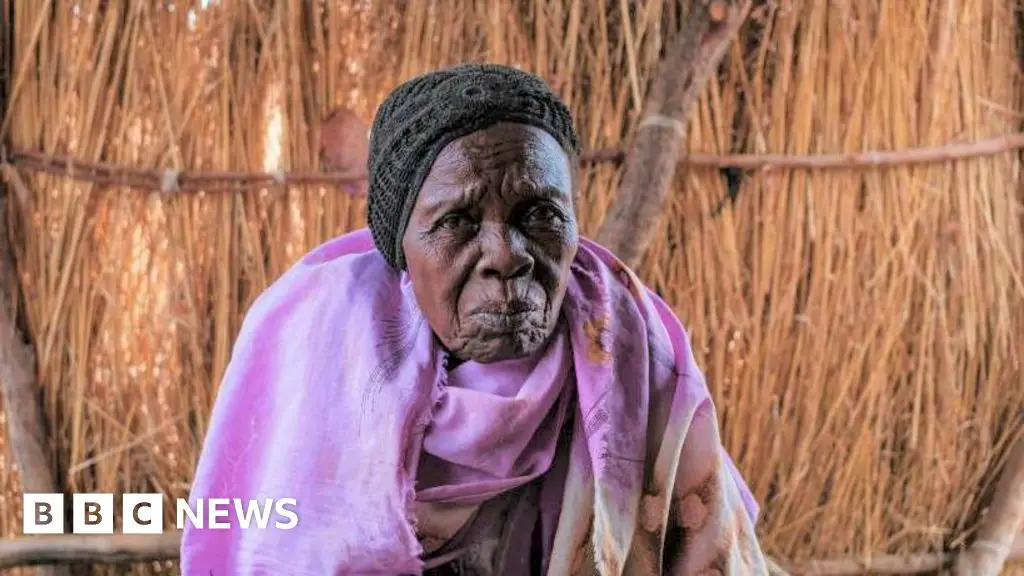
“All that I saw confirms that this is indeed the biggest humanitarian emergency on our watch, the biggest hunger crisis, the biggest displacement crisis,” Mr Egeland said, following a trip to Sudan.
In September, the World Health Organization (WHO) said starvation in Sudan “is almost everywhere”.
Soup kitchens have been forced to close due to being underfunded. Egeland said the lack of humanitarian response meant remaining sources of aid are simply “delaying deaths instead of preventing them.”
“Most of Sudan is starving, it’s starving,” he said, adding that starvation has been used as a method of warfare.
Some food security specialists fear that as many as 2.5 million people could die from hunger by the end of this year.
Mr Egeland warned that the world is “failing Sudan completely” by not doing enough.
He told the BBC if Europe wanted to avoid a refugee crisis, it needed to invest in “aid, protection and peace in this corner of the world”.
“It’s an underfunded operation, even though it’s the world’s biggest emergency,” he said.
Thousands of people have been killed since a civil war broke out. Rights groups have also expressed fears that there may be ethnic cleansing and genocide in Sudan.
Despite this, peace talks between the RSF and the army have been fruitless.
“The war will stop when these warlords feel they have more to lose by continuing fighting, than by doing the sensible thing” Egeland said.

